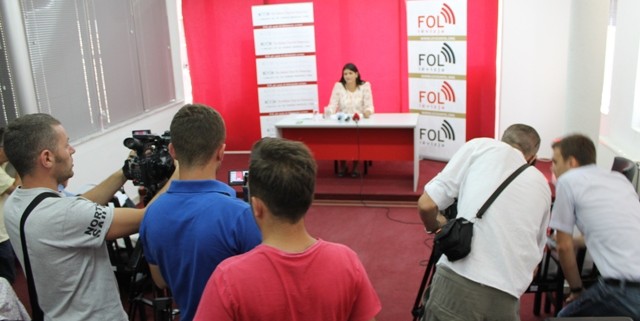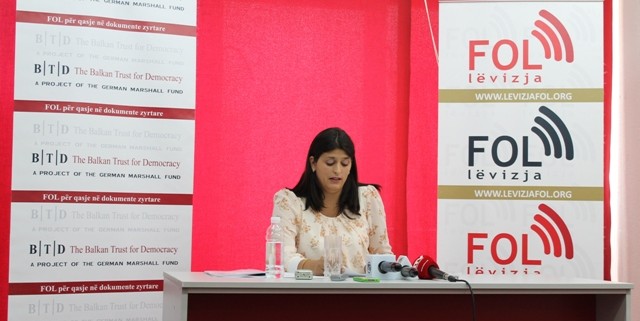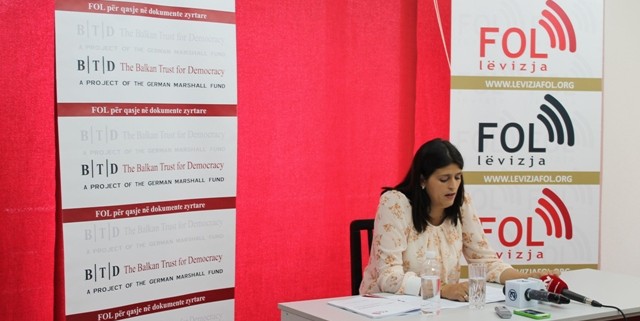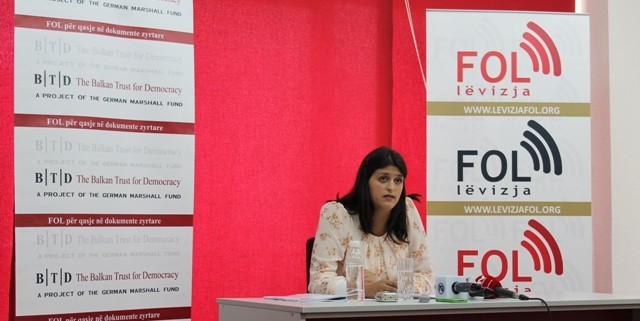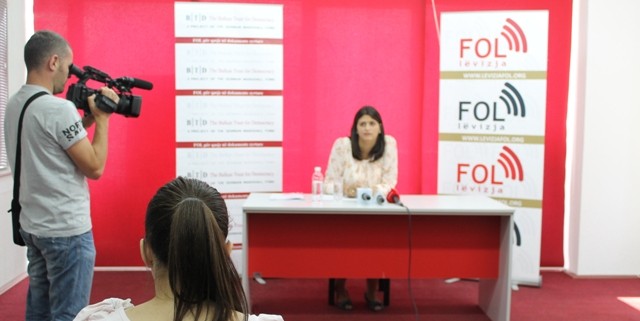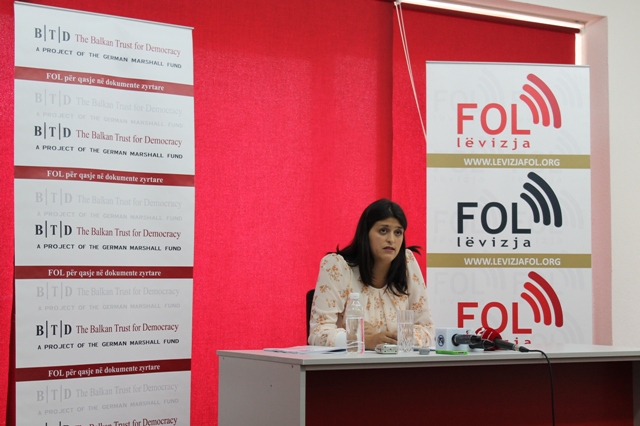Index of Transparency of central and local institutions and public enterprises in Kosovo 2012
Prishtina, July 19, 2013 – Today FOL Movement published, for the third year in a row the Analysis “Transparency Index IV”, presenting the findings about the level of transparency of central and local institutions, and public enterprises in Kosovo in 2012.
This year, FOL Movement is mainly focused on the progress made since last year’s study in the function of internal structures of institutions and public enterprises that were responsible for public communication and information. This study focuses on what level institutions and public enterprises have developed their capacities of formal structures to ensure full and effective implementation of constitutional and legal provisions that guarantee the right of citizens to access public documents; that is public communication and information, to strengthen the transparency and accountability to the public.
Mexhide Demolli-Nimani, from FOL Movement, stated that “Transparency Index of central and local institutions and public enterprises” for 2012 focuses on the implementation of the Law on Access to Public Documents by the Public Communication Office at the respective institutions.
According to her, the questionnaire was sent to 32 institutions and public enterprises, 19 of them responded, and only one is listed as open institution – Kosovo Customs, that is Public Communication Office, which received 93 points out of 100. Meanwhile, the Ministry of Labour and Social Welfare according to our evaluation took only 26 points out of 100, and is listed as a closed institution.
Unlike the previous years, this year’s Transparency Index report includes the municipalities of Kosovo as well. “Regarding the local level, the questionnaire was sent to 32 municipalities, but only 17 of them responded. The findings of this evaluation show that municipalities that were part of the last year pilot project made a significant progress in all aspects of public communication and information policy, “said Demolli-Nimani.
According to her, most municipalities have approved sub-legal acts for public communication and information, and some of them even policy documents that define clear goals and activities in this matter. However, as this report shows in detail, there are still inconsistencies in the definition of concepts and the scope of the legal framework.
This includes also the lack of precise definition of the responsibilities of the offices responsible for public communication and information. On the other hand, similar to the findings in the central level, at the municipal level, there is a lack of clarity about the concrete measures and enforcement mechanisms defined by the framework and implementing legislation. In this case, the uncertainties are due to different understanding of the nature and capacity of legislation and policies for public communication and information, as well as their different interpretation of the municipal structures responsible for public communication and information.
Furthermore, the field of public communication and information continues to be considered simply as a policy area limited in enabling citizens to have access to public documents. More specifically, these policies, which are in most municipalities, when they were drafted, they didn’t include the involvement of different interested parties in their drafting, implementation, and monitoring, evaluating and implementation of the legislation and local policies in all sectors and areas.
The lack of a ranking for Kosovo municipalities is a result of almost similar weak performance of all municipal communication offices that have responded the questionnaires.
Activity Gallery
